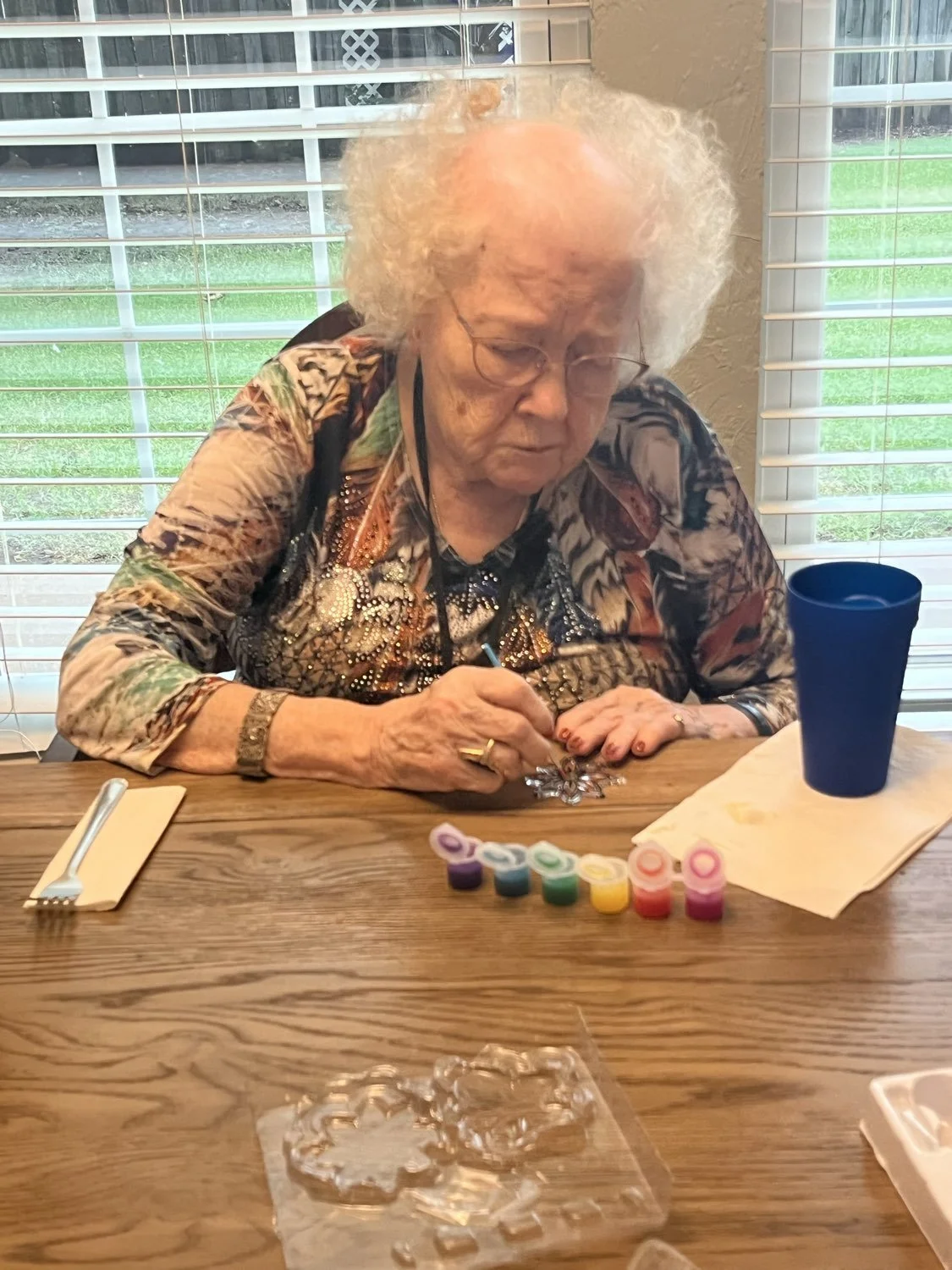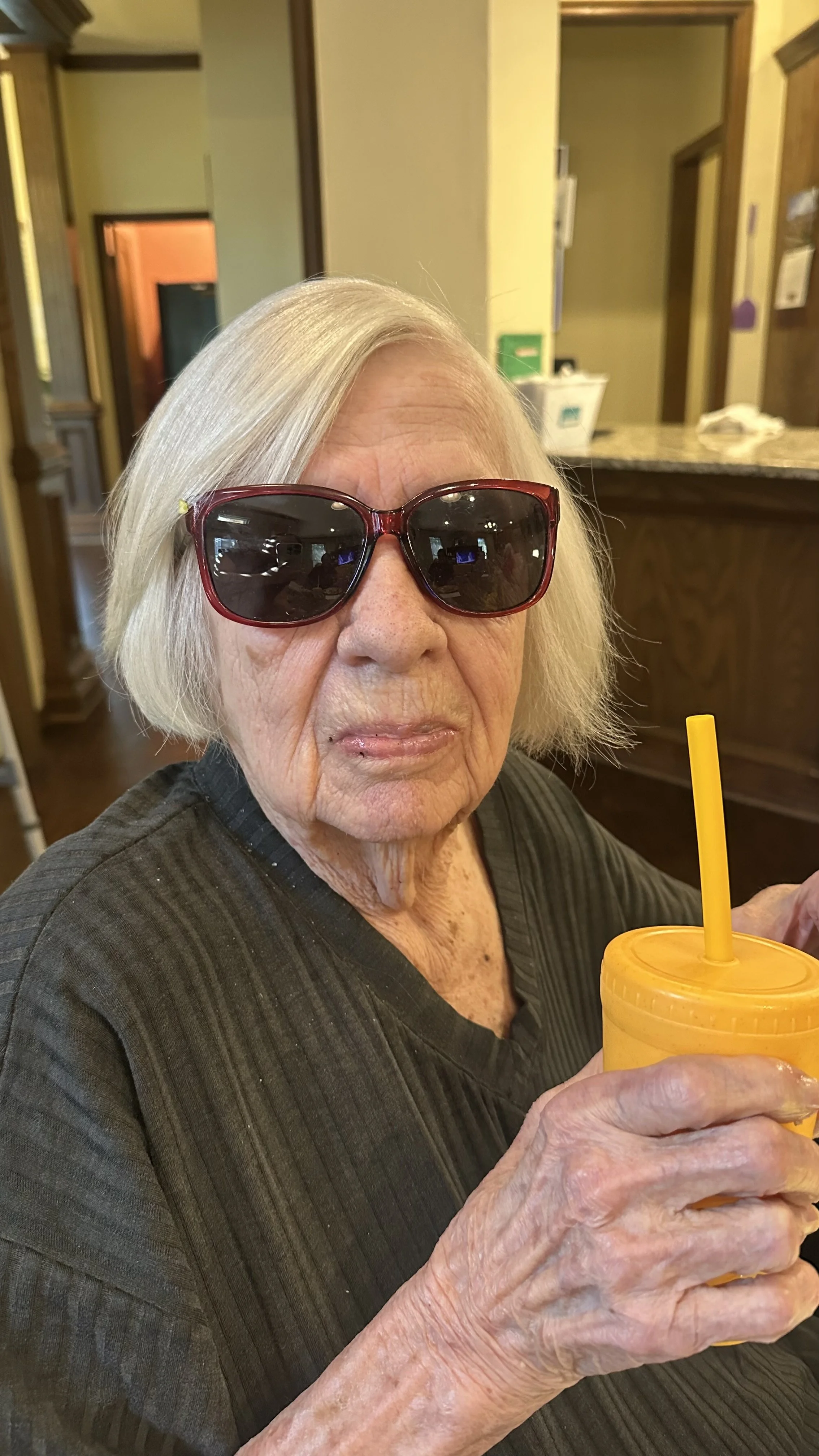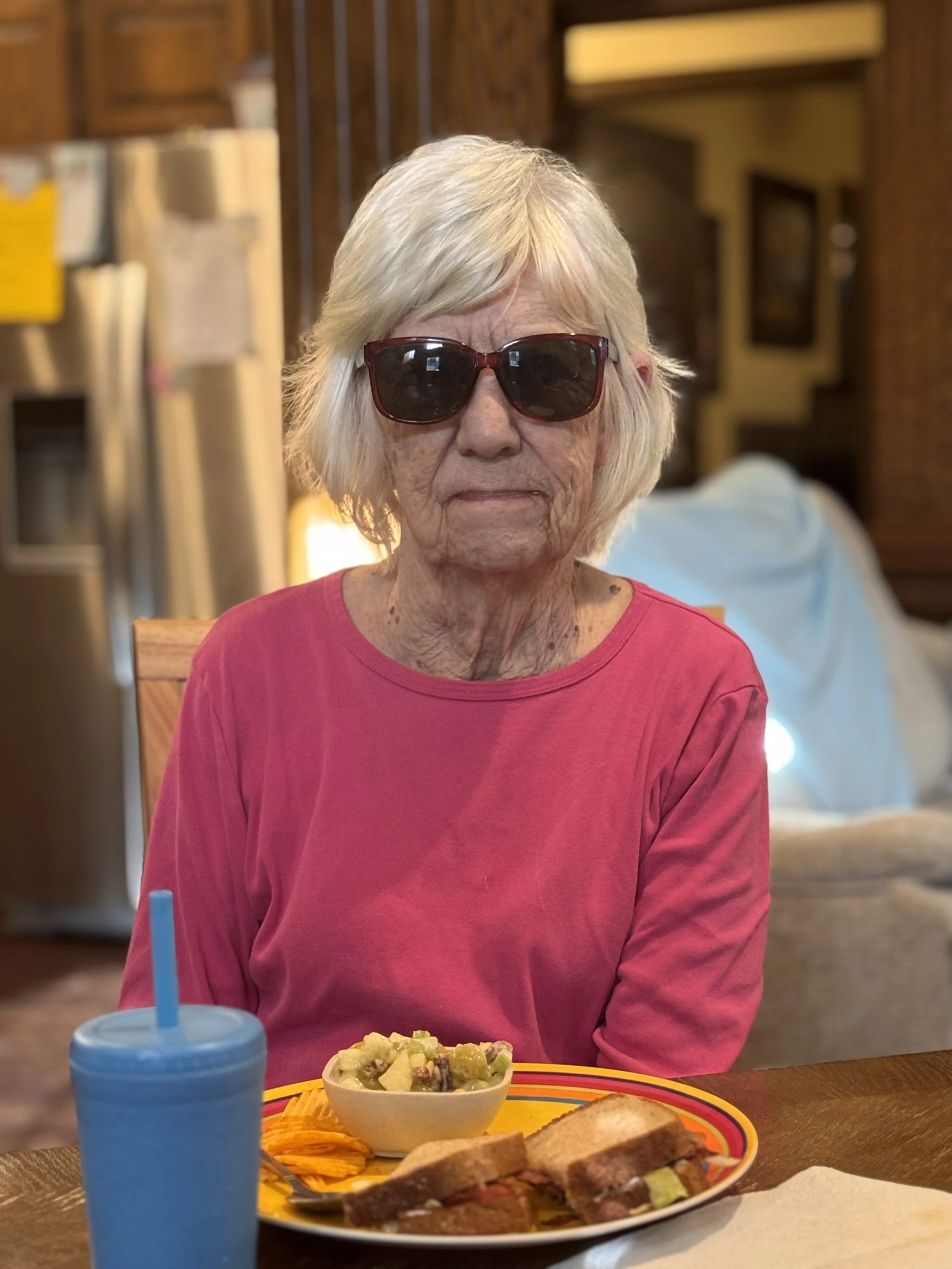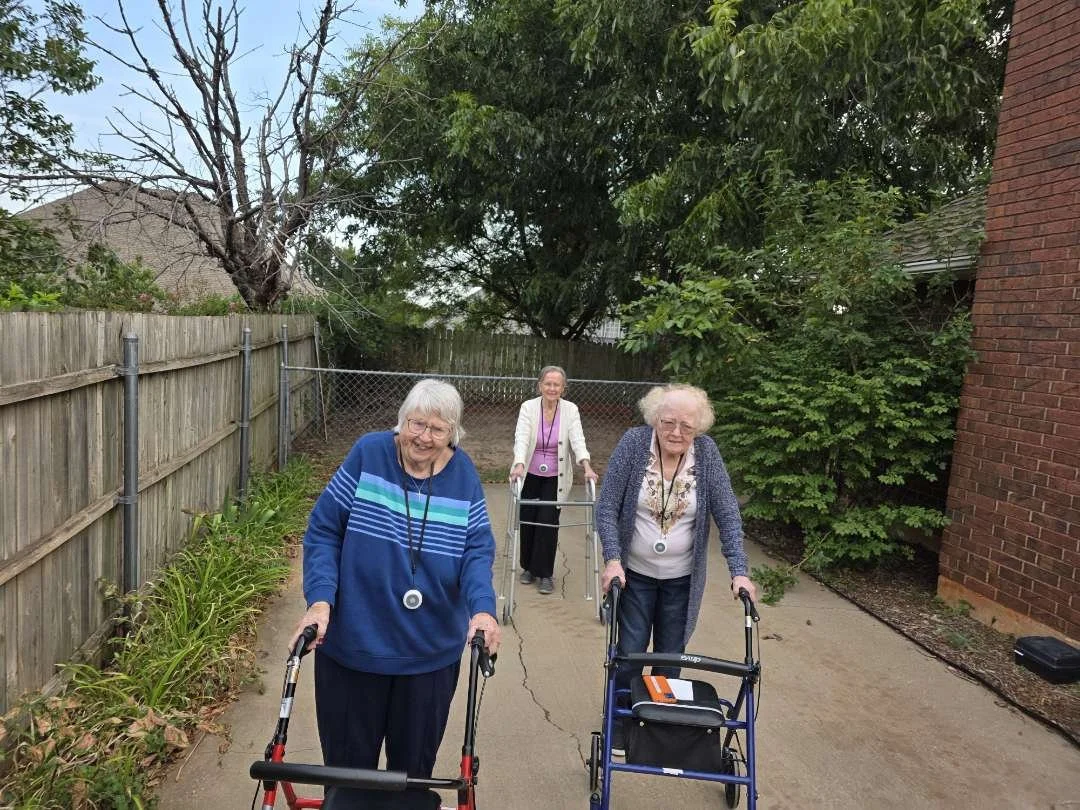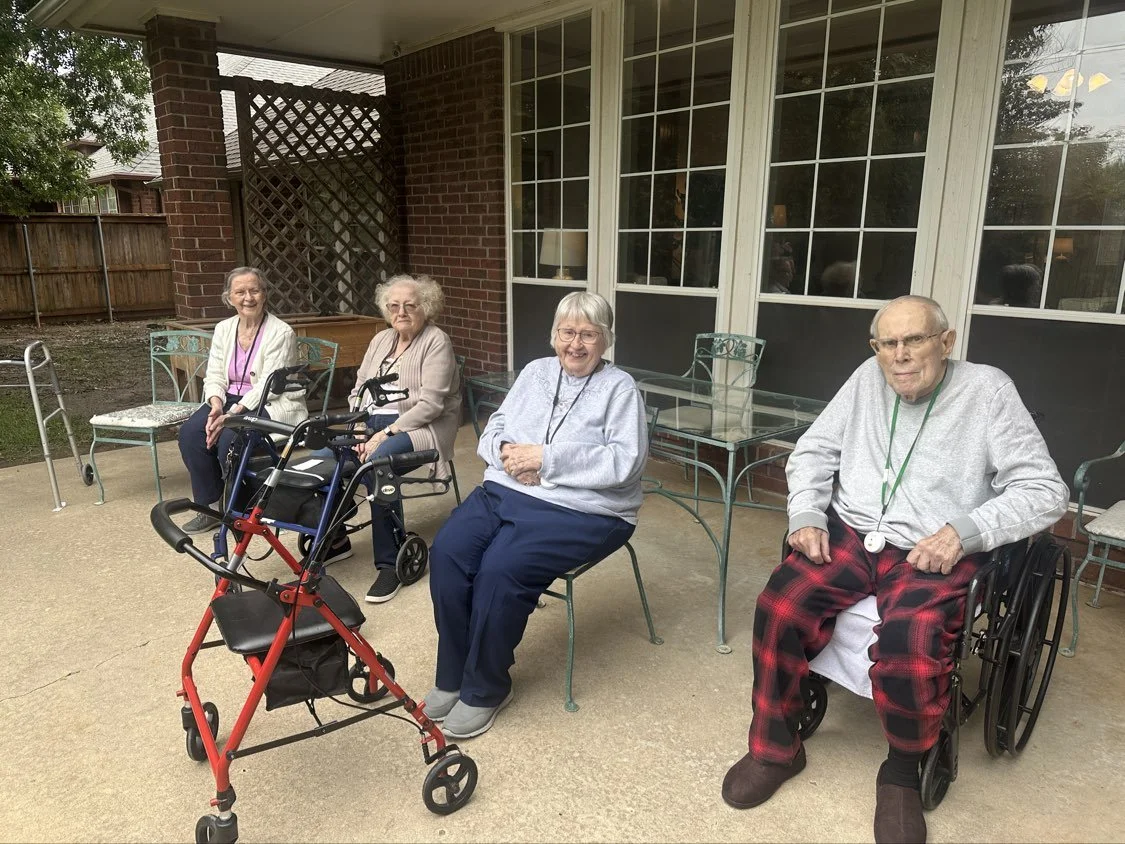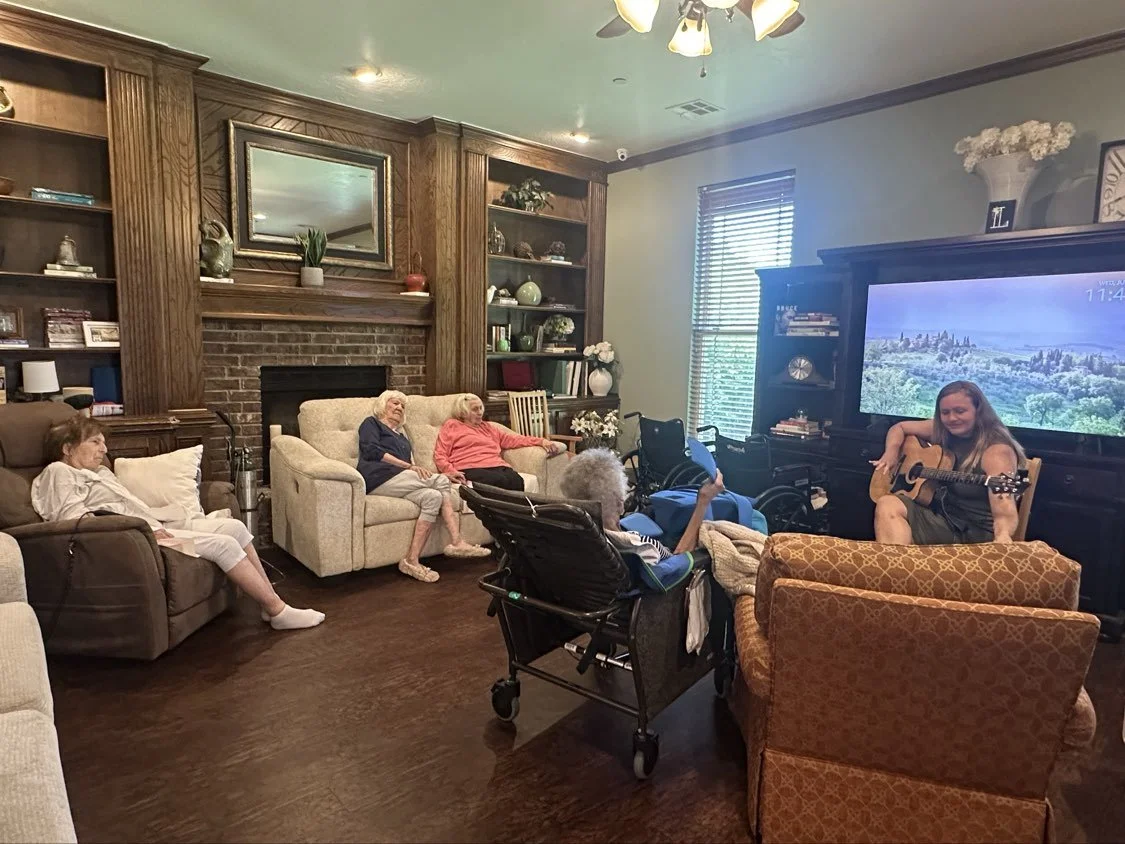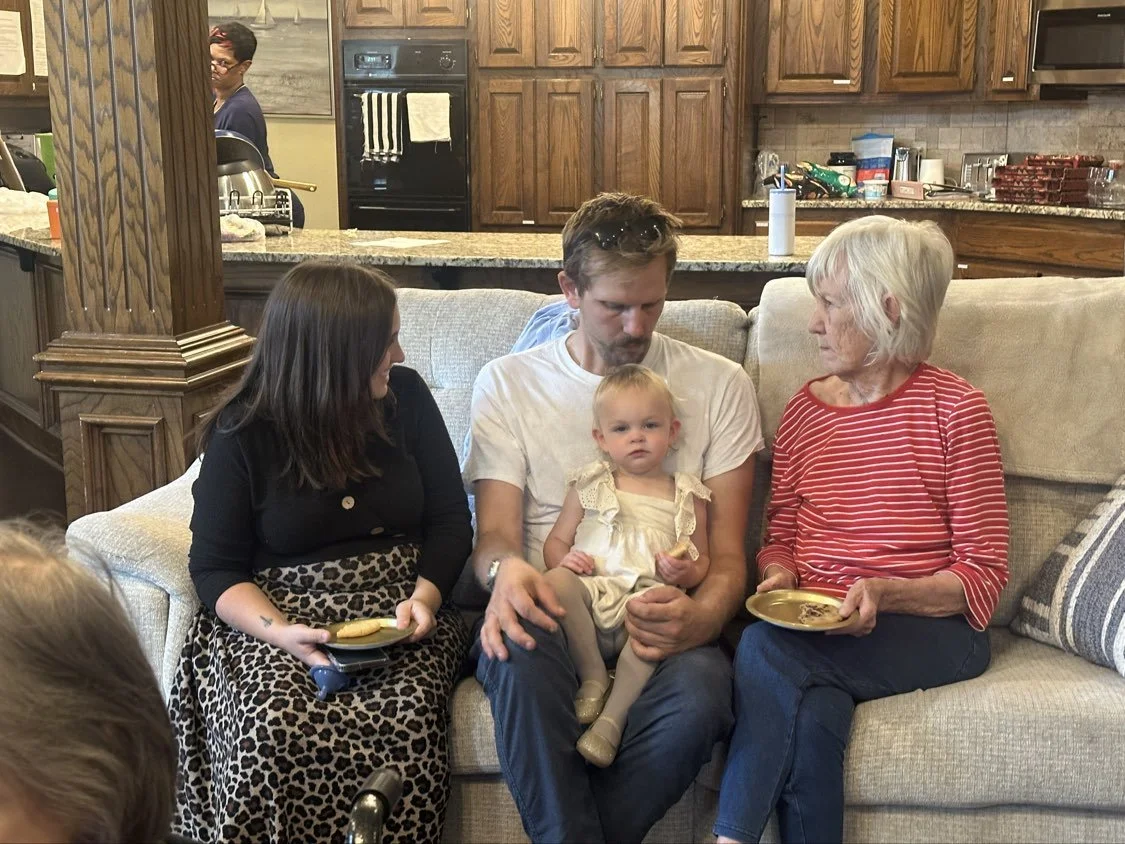How Social Activities Improve Quality of Life for Seniors | September Blog
At Legacy Senior Living, September was a month filled with art, music, family, and fun. Each activity we host is more than entertainment—it’s rooted in research about how social and creative engagement improves health and quality of life for seniors.
The National Institute on Aging has shown that strong social connections lower the risk of high blood pressure, heart disease, obesity, and depression. Older adults who stay engaged live longer and report higher life satisfaction. Below, we share highlights from September along with why these activities matter—and how families can incorporate them at home.
Painting and Creative Arts
Why it matters in assisted living
Creative activities like painting activate multiple areas of the brain. According to a study published in the Journal of Aging Studies, seniors who engage in artistic expression experience lower stress levels and improved self-esteem. Painting also improves fine motor skills and gives residents a sense of accomplishment.
Why families should consider it at home
Families can set up simple art sessions with paint, coloring books, or even craft projects. Research from the American Journal of Public Health found that creative engagement improves memory, reduces feelings of loneliness, and increases overall well-being. Even 30 minutes of creative activity per week can make a difference.
Sunglasses Day: Celebrating with Friends and Family
Why it matters in assisted living
Playful celebrations like Sunglasses Day encourage laughter and shared experiences. A University of Chicago study found that older adults who participate in group celebrations report higher happiness levels and a stronger sense of belonging. These moments reduce isolation, which is linked to a 50% higher risk of dementia.
Why families should consider it at home
Families can create their own themed celebrations—movie nights, holiday dress-up, or even “favorite hat day.” The key is to add variety to routines and give seniors reasons to look forward to social interactions. Research from the Journal of Gerontology shows that seniors involved in frequent social events maintain stronger cognitive function compared to those who are isolated.
Walking Outdoors
Why it matters in assisted living
Physical activity is one of the strongest predictors of longevity. The CDC reports that seniors who walk regularly have a 23% lower risk of falls, better cardiovascular health, and improved balance. Outdoor walks also boost Vitamin D, which strengthens bones and reduces the risk of osteoporosis.
Why families should consider it at home
A daily walk around the block, gardening, or sitting outside together are simple ways to bring the benefits of nature into everyday life. Harvard Health research shows that spending time outdoors lowers stress hormones and improves sleep quality. Even 10–15 minutes of fresh air can improve mood and energy levels in seniors.
Service Dog Visits
Why it matters in assisted living
Animal-assisted therapy has measurable health effects. A Mayo Clinic study found that seniors who interact with therapy dogs experience lower blood pressure, reduced cortisol (a stress hormone), and improved emotional well-being. Service dog visits also encourage conversation and spark joy among residents.
Why families should consider it at home
Families with pets can build regular routines—feeding, grooming, walking, or playing together—that double as therapeutic engagement. For those without pets, local pet therapy programs and volunteer groups often provide home visits. Research from UCLA shows that pet interaction increases physical activity and reduces loneliness in seniors living at home.
Music Sessions with Live Performers
Why it matters in assisted living
Music has a powerful effect on memory and emotions. Studies in Frontiers in Psychology show that seniors exposed to music therapy demonstrate improved mood, reduced agitation, and better cognitive recall—especially those living with dementia. Live performances at Legacy create moments of joy and community, helping residents feel energized and connected.
Why families should consider it at home
Families can create playlists of favorite songs, sing along together, or attend community concerts. A study from Johns Hopkins Medicine confirms that listening to music engages the brain in ways similar to exercise, supporting memory and processing speed. Music also provides a meaningful way to connect emotionally with loved ones.
Grandparents Day: Celebrating Family Bonds
Why it matters in assisted living
Grandparents Day is more than a celebration—it strengthens intergenerational ties. According to the Journal of Intergenerational Relationships, seniors who spend time with grandchildren or younger family members experience higher levels of purpose, emotional well-being, and even improved health outcomes. These connections give residents motivation and a stronger sense of identity.
Why families should consider it at home
Families can honor grandparents by scheduling regular visits, sharing meals, or encouraging storytelling traditions. Research shows that seniors who share family stories feel more connected and demonstrate better emotional resilience. Small, consistent gestures of recognition go a long way in reinforcing bonds across generations.
Living Our Mission
At Legacy Senior Living, our mission is to walk alongside residents and their families throughout the aging process by providing personalized, compassionate care in a warm, lively home. Every activity is carefully chosen not just for fun, but for the research-backed benefits it provides.
September reminded us of a simple truth: social activities are essential to healthy aging. Whether through painting, walking outdoors, enjoying music, or celebrating family, these moments improve health, happiness, and quality of life. And many of these activities can be done at home, giving families practical ways to support their loved ones every day.

